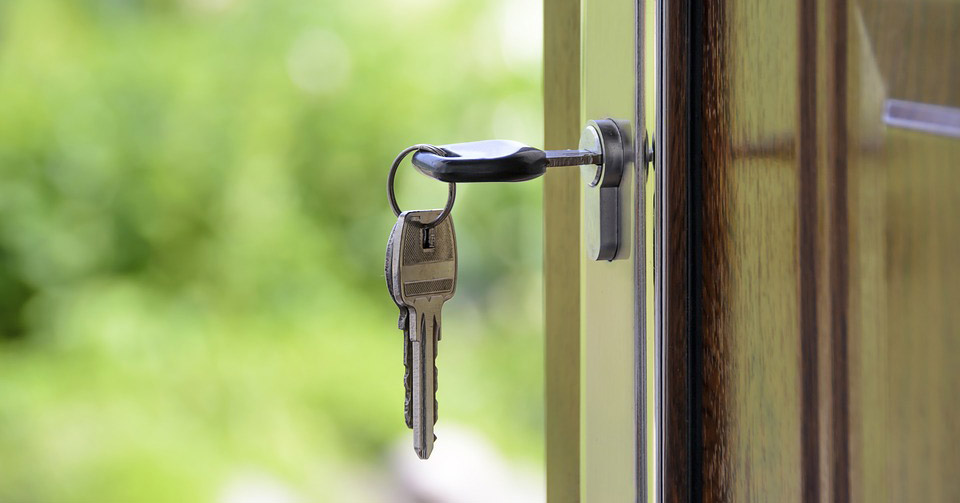In a recent decision, the PA Supreme Court reversed the Commonwealth Court’s ruling and in doing so, state that Airbnb-type rentals are against residential zoning laws.
Back in March 2018, I wrote about the Pennsylvania Supreme Court’s decision to review a case involving a now-prevalent issue confronted by municipalities across the country…the influx of Airbnb’s in their residential neighborhoods. On April 26, 2019, the Court issued its decision in the case of Slice of Life, LLC v. Hamilton Twp. Zoning Hearing Bd., and in the process made for a lot of happy municipalities throughout the Commonwealth.
The Pennsylvania Supreme Court, in reversing the Commonwealth Court’s ruling, decided that short-term transient rentals (such as those typically found on websites such as Airbnb and VRBO) were not a permitted use in the residential zoning district at issue in the case. The Court stated that “the purely transient use of a house is not a permitted use in a residential zoning district limiting use to single-family homes by ‘a single housekeeping unit.’”
In making its ruling, the Court discussed how most zoning ordinances define the term “family,” acknowledging that many have adopted the phrase “single-housekeeping unit,” which has become a widely-accepted term of art that the courts have defined as requiring the occupants of a home to live and behave like a family in a character that is permanent and not transitory. The Court examined the goals of zoning in general, and more specifically in creating residential zoning districts, explaining that the underlying purpose of creating neighborhoods and a stable community environment support the conclusion that the transient nature of short-term rentals confound this goal and there cannot be a permitted use in such residential zoning districts.
PA Supreme Court comes down hard on Commonwealth Court
Perhaps more astounding than that headline-making part of the ruling is the High Court’s resounding rejection of how the Commonwealth Court has been applying the zoning law in the Commonwealth. Like a parent slapping the wrist of petulant child, the High Court reprimanded the lower appellate court for ignoring prior Supreme Court precedent and creating the false rule that a use not specifically excluded by a zoning ordinance is a permitted use. The Supreme Court corrected this error of interpretation, explaining that the correct rule is that a use is excluded unless expressly included in a given zoning district, with the interpreting body to undertake a “functional analysis” to determine whether the proposed use constitutes a permitted use under the language of the zoning ordinance at issue.
What does the Slice of Life decision mean for PA rental properties in residential districts?
This decision is a significant win for municipalities across the Commonwealth seeking to preserve those underlying characteristics of its residential districts as discussed by the Supreme Court without having to modify their existing zoning ordinances. At the same time, it effectively shuts down the “Airbnb market” in single-family residential zoning districts in Pennsylvania, rendering a major blow to the property owners and online services that depend upon those short-term rentals for their bottom lines. What will remain to be seen going forward is the effect the decision will have on other non-traditional “family” uses in residential districts, such as sober-living houses, that have characteristics of both family and transient uses. The ramifications of the decision will surely be felt for years to come.
2019 Pa. LEXIS 2363 (Pa.S.Ct. Apr. 26, 2019).
Download this article as a pdf here.
